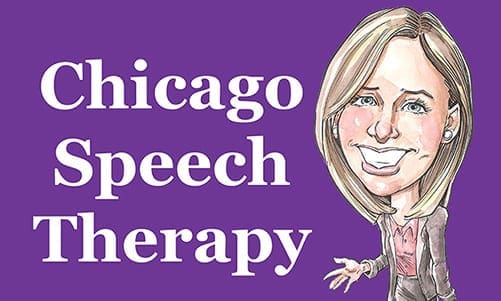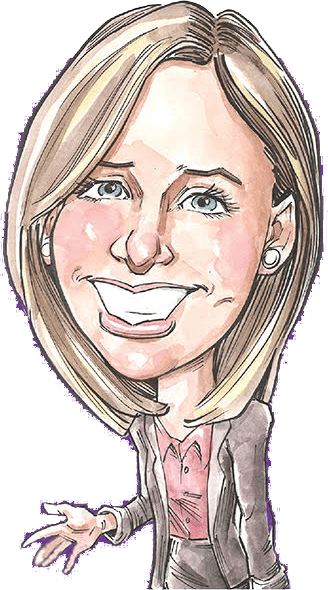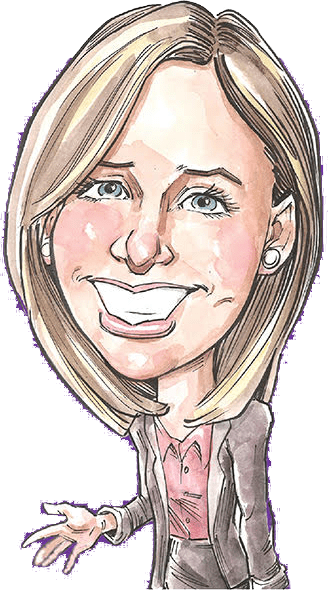Identifying the Symptoms
Do you ever get the feeling that your child is having trouble listening to you? Maybe he or she doesn’t seem to be interested when you read story books aloud. Or perhaps you’ve noticed that your child has trouble following spoken instructions. Does he or she often parrot your words back to you?
These behaviors could be a natural step in your child’s development, or they could be symptoms of receptive language disorder, a condition that requires speech therapy. Between three and five percent of all children have at least one type of language disorder. With appropriate speech therapy programs administered by experienced speech-language pathologists like Karen George, the effects of a language disorder can be eliminated or at least mitigated.
Language disorders may occur in children with other developmental problems such as autism, hearing loss, or learning disabilities. Other times these disorders are a type of “aphasia:” they arise from damage to the part of the brain which processes language, whether written or spoken.
There are two types of language disorder commonly found in children: Receptive Language Disorder and Expressive Language Disorder. As the names suggest, Receptive Language Disorder affects a child’s ability to understand the message behind speech or text, while Expressive Language Disorder hampers the child’s ability to convey a message using speech or text. Many children who suffer from one may also suffer from both disorders.
Symptoms and Treatment of Receptive Language Disorder
Patients who have received successful speech therapy for Receptive Language Disorder often say that when others spoke they heard only “word salad,” an unintelligible string of words that didn’t make sense together. The area of the brain which organizes words into meaningful messages is critically impaired by Receptive Language Disorder.
Since humans learn by the example of others, Receptive Language Disorder severely limits a child’s speech development. If you think your child may be suffering from a language disorder, it is important to take him or her to a pediatric speech-language pathologist as soon as possible and see what speech therapy may be necessary.
Trained speech-language pathologists like Karen George and her team at Chicago Speech Therapy can work with you and your child to determine what, if any, language disorders he or she suffers from. Once the problem is diagnosed, there are a number of speech activities, speech therapy games and treatments which train children to overcome their disorder.


